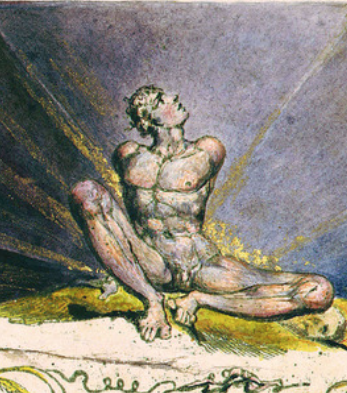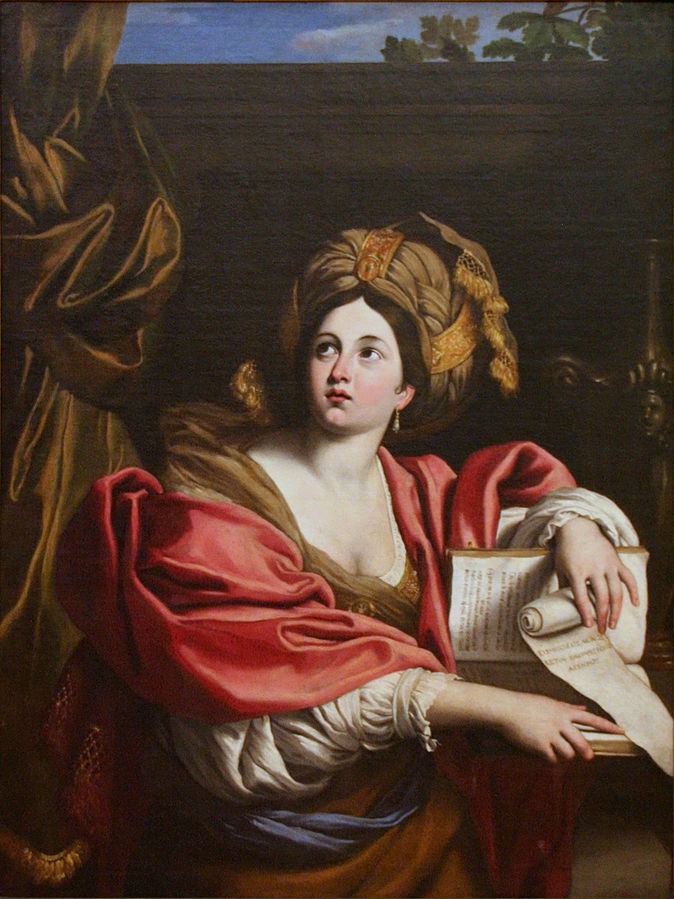EN2B4/EN3B4 Romantic and Victorian Poetry
Convenor and Tutor 2024-5
Dr Emma Francis
Overview
This module focuses on significant poets from the Romantic and Victorian periods and situates their work within the cultural, social, political, economic, scientific and aesthetic debates of the period. We pay close attention to both formal and contextual dimensions of the poems. The majority of the set texts are in the Norton anthologies (see 'required module readers' below for details); those not included in the anthologies are provided in an online pack you can download from the 'set texts' page of this website and now and again from links within the seminar running order list. You are welcome and encouraged to read and discuss other poems and prose written in the period 1780-1899 in addition to the set seminar texts.
Recommended introductory reading
Recommended introductions to the period include: Isobel Armstrong, Victorian Poetry: Poetry, Poetics, and Politics (1993); Marilyn Butler, Romantics, Rebels and Reactionaries (1982); and Stuart Curran, Poetic Form and British Romanticism (1986).
The module also requires close engagement with some historical prose works, including Edmund Burke, A Philosophical Enquiry into the Origins of Ideas of the Sublime and the Beautiful (1757); Thomas Paine, The Rights of Man (1791); Mary Wollstonecraft, A Vindication of the Rights of Woman (1792); Matthew Arnold, Culture and Anarchy (1869); and Charles Darwin, On the Origin of Species (1859). The King James Bible (otherwise known as the Authorised Version) is also crucial for the poets we will consider; it is a text almost all of them in one way or another reference, repudiate or rework. It is important you read this version as its poetics even more than its theological content resonate through Romantic and Victorian poetry. Prior to the commencement of the module, you should read at least Genesis, Jeremiah, Luke and Revelation in the KJB/AV.
Many of the historical and modern critical works with which the poets are in dialogue are included in Emma Mason and Jonathan Herapath, Nineteenth Century Poetry: Criticisms and Debates (Routledge: 2016). Students are advised to refer to this resource throughout the module, which was edited with this specific module in mind. The Norton anthologies assigned as module readers, which contain most of the set texts of the module, also comprise extracts from a wide range of the contemporaneous social, political, religious, aesthetic, economic and scientific debates, to which students will be directed as the module progresses.
Assessment
Intermediate years:
1 x 800 word formative close reading essay (required; submit in hard copy to your seminar tutor, not through Tabula in your week 9 seminar)
1 x 3000 word essay (50% of the final mark; submit through Tabula) deadline tba
1 x 2 hour closed exam paper (50% of the final mark, summer term) date tba
Finalists:
1 x 800 word formative close reading essay (required; submit in hard copy to your seminar tutor, not through Tabula in your week 9 seminar)
1 x 3000 word essay (50% of the final mark; submit through Tabula) deadline tba
1 x 2 hour closed exam paper (50% of the final mark summer term) date tba
Essay submission dates will be confirmed at the start of the academic year.
Required module readers
You need to buy two books: The Norton Anthology of English Literature, Volume D, The Romantic Period (W. W. Norton & Co, 2024); and The Norton Anthology of English Literature, Volume E, The Victorian Age (W. W. Norton & Co, 2024). The most recent editions, the 11th editions, should be purchased, in hard copy. We work from hard copy in seminars to preserve the integrity and focus of our encounter with the poems.
Get the best price by ordering directly from Norton: www.wwnorton.co.uk
Enter the code WN145 to obtain an even more generous than in previous years 30% discount on cover price on both volumes and free p&p. The code is valid for purchases of the two volumes 1st July 2024 - 31st October 2024, so go ahead and get your bargain over the summer and get set for the module!
The Library will be purchasing add on e-features of the Norton for all to access.
 William Blake, from The Marriage of Heaven and Hell
William Blake, from The Marriage of Heaven and Hell
Below: Sibilla Cumana (1622) by Domenichino Zampieri

